This is my 20th weekly COVID-19 update. Subscribe to Dr. Dina
Hello friends,
Thanks for joining me on our 20th week reviewing the week’s pandemic news.
March 11 marked the one-year anniversary of the World Health Organization declaring COVID-19 a global pandemic. Almost 120 MILLION people around the world had reported having COVID-19. Over 2.6 million people have lost their lives from COVID-19. Before reading ahead, please take a moment to reflect on this terrible loss. So many mothers and fathers, brothers and sisters, daughters and sons, and friends.
As we do each week, we will review the bad news, followed by the good news, the most asked question of the week, and end on my silver lining.
Dr. Dina, what’s the bad news?
Canada had reported over 900,000 cases of COVID-19, and over 22,000 Canadians have lost their lives from the illness. Cases in Ontario, Alberta, British Columbia, and Quebec are on the rise, and many of us are worried about the increases in the variants of concern. We have reviewed that VOCs are more contagious, and some are less easily prevented by some vaccines. We MUST remain vigilant.
Resource: covid19-sciencetable.ca
India is struggling to contain a new outbreak, with the highest single-day jump in cases since late December 2020 with over 23,000 news cases in a DAY. India has already reported over 11 million cases, the world’s second-highest after the United States. Infections were decreasing since September, but numbers are rising due to increased public gatherings and laxity in mask-wearing and appropriate social distancing.
The Science Table update this week has some positive and some negative news. Unfortunately, cases continue to rise in some areas, and variants of concern are spreading across Ontario and other regions of Canada. If we don’t control these soon, we will most certainly experience (a potentially dire) third wave. We all want to avoid another lockdown and school closure. This team of experts emphasizes what we keep on preaching, continued masking, and distancing are essential to controlling variants of concern and the rise of cases.
What is the good news?
While some areas in Canada, Brazil, and India have rising case counts, the U.S. is looking positive. Deaths from COVID-19 are on the decline. After weeks of hovering around 2,000 deaths EACH DAY, the current average is 1,400 a day. That is still many lives lost. It is unclear what is driving these declines, but public health experts suggest less frequent travel and gatherings post-holiday, more widespread mask-wearing, and from the vaccine rollout.
Vaccination campaigns are ramping up across the country. To get more people at least one dose of a COVID-10 vaccine, Ontario’s chief medical officer of health (with the backing of the National Advisory Committee on Immunization) approved to extend the dosing interval for Pfizer, Moderna, and AstraZeneca vaccines up to four months. Residents of long-term care homes and similar assisted living facilities, and remote and isolated First Nations communities are exempt from this dosing interval extension.
Science Table positive news includes that vaccination efforts in long-term care homes have led to less frequent infections and fewer deaths.
The Centers for Disease Control and Prevention in the United States released guidance last week about how Americans can behave once they are fully vaccinated. It is positive!
It says that 14 days after you have received both doses of the Pfizer, Moderna, or AstraZeneca vaccines, or four weeks after a single Johnson and Johnson vaccine, you:
- Can gather indoors with fully vaccinated people without a mask
- Can gather indoors with unvaccinated people who are not in your household without masks, unless those people have a higher risk of severe COVID-19 illness
- Do not need to isolate or get COVID-19 tested unless symptomatic if you are exposed to COVID-19
- Continue to wear a mask, avoid large groups and minimize large groups, etc., as we are recommended to do now.
Most Canadians have not received any doses, let alone two doses. And the recommendations are to spread out the two doses. So, at the moment, these guidelines affect very few of us. But if you are lucky enough to have received both doses or will receive a single Johnson and Johnson vaccine soon, you should consider yourself very well protected. For most Canadians who will receive one dose and a delayed second dose, we are unsure how much immunity we will have and how long before the second dose. We are waiting for formal recommendations.
The most common question of the week:
Should we be wary of the AstraZeneca vaccine?
I received hundreds of messages last week of concerned loved ones, worried that their parents, grandparents, and other family members were due to receive the AstraZeneca vaccine, with mounting fears of increased risk of blood clots.
I was asked repeatedly,
‘Would you get the vaccine?
Should my mom/dad/grandmother/grandfather refuse to get this vaccine?’
Here is what we know so far:
A handful of countries in Europe paused their use of the AstraZeneca COVID-19 vaccine following reports it COULD BE connected to blood clots, despite no clear evidence of a link. However, AstraZeneca, European, and U.K. medicines regulators have all said the connection between the vaccine and blood clots has NOT BEEN CONFIRMED and that the vaccine can continue to be used. In the U.K., 11 million doses of this vaccine have been given, and there has been no higher rate of blood clots seen. Thrombosis does occur pretty commonly in older populations of adults, and according to AstraZeneca, “In fact, the observed number of these types of events are significantly lower in those vaccinated than would be expected among the general population.’
I discussed this on Instagram Stories on Friday. What we are essentially discussing here is the difference between causation and correlation. To highlight the difference, let’s use the example of me learning to ride a bike. Suppose I have never ridden a bicycle ever before. Let’s say I practice riding for weeks and become a confident cyclist. I become so proficient I enter a cycling race, and I perform well. I practiced riding and became adept at it. That is causation.
Let’s say before the race, I ate an ice cream cone. I performed well in the race. Did the ice cream dessert lead me to my performance success? Not likely. It may have made me happy, but it didn’t teach me to ride well. That is a correlation. The ice cream was temporally related to the race, but it certainly didn’t allow me to learn to ride and succeed in the race. It was merely at the right place at the right time.
So too, may be the case with the AstraZeneca vaccine. But the wrong place at the wrong time. Perhaps these individuals were already going to suffer clots. And they happen to receive the vaccine, and now we think the vaccine CAUSED the clots, but instead, they are just the innocent bystander.
We don’t know for sure yet. More research is needed. But you can be pretty confident it is safe, as tens of millions of people have received it with no epidemic of clots. There is, however, a pretty significant pandemic of COVID that we want to protect against.
My silver lining of the week
My silver lining this week is very simple.
I took it for granted my whole life.
Outdoors.
That’s it—the beautiful, natural outdoors.
The idea that we can be outside again, comfortably. Running and playing and breathing fresh air, with masks off (when distanced), is magical to me.
I am, and my kids are, incredibly excited for the Summer. Not to do anything in particular, just the IDEA of Summer and activities outdoors.
The simplicity of that.
No real plans.
Just the knowledge of freedom beyond the walls of our home.
That is special. So simple, but so unique.
I hope you and your loved ones are healthy and safe and well.
Till next week!
#YOUGOTTHIS
Dina is a wife, mother of 4, and adrenaline junky. She loves to share children’s health information from her professional and personal experience. More About Dr Dina.

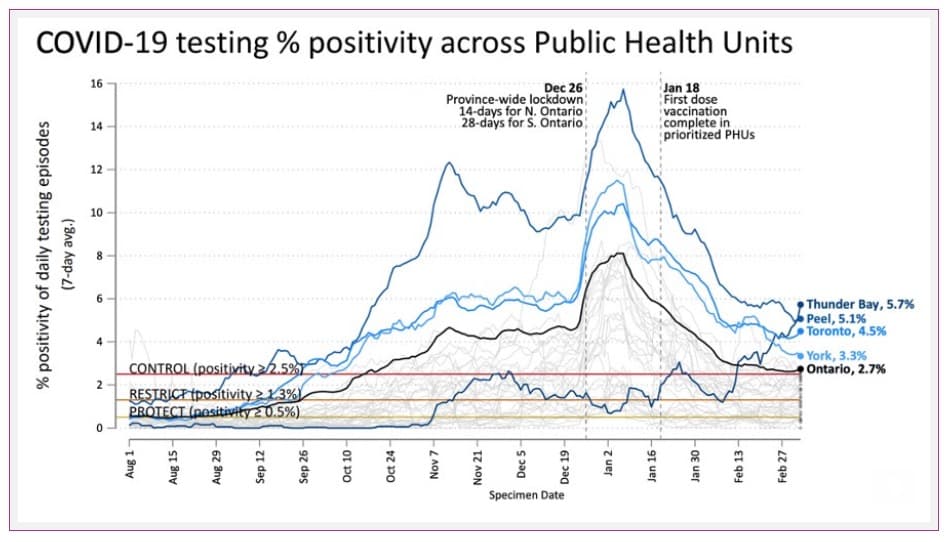
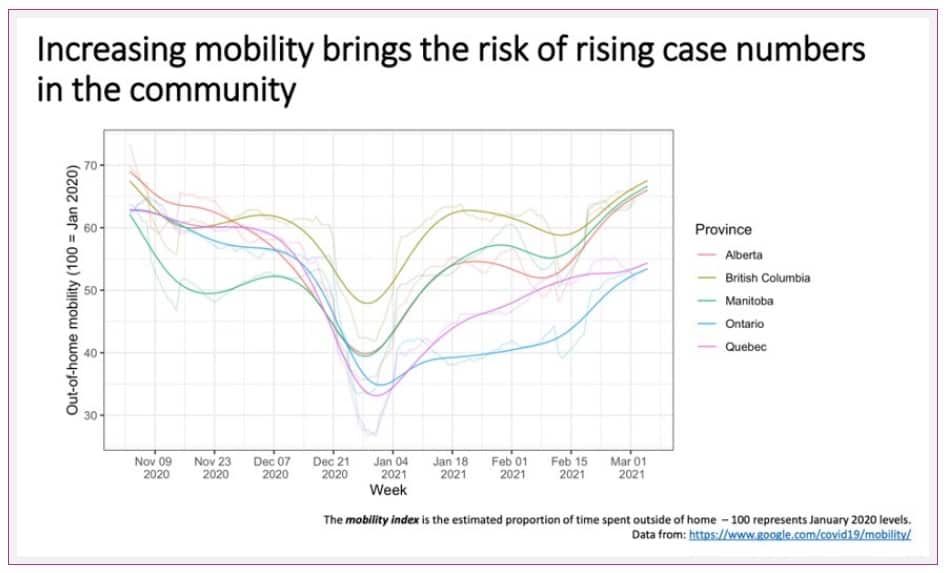
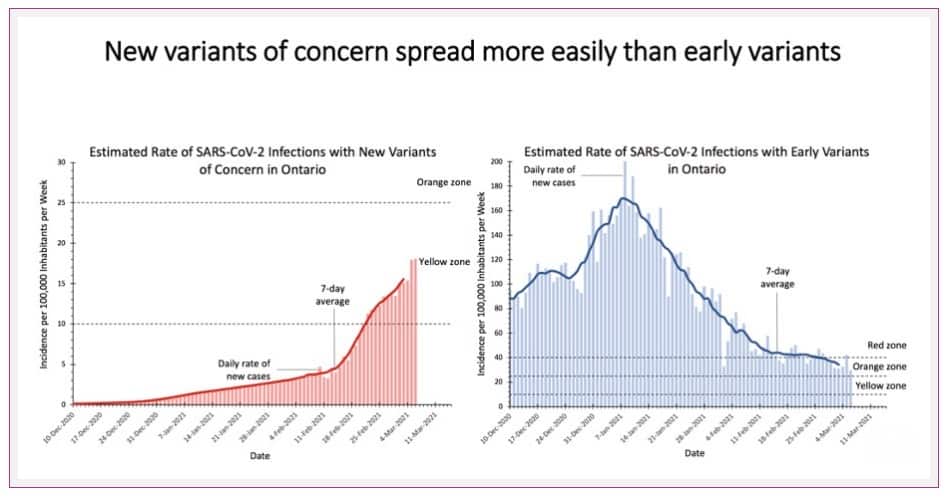
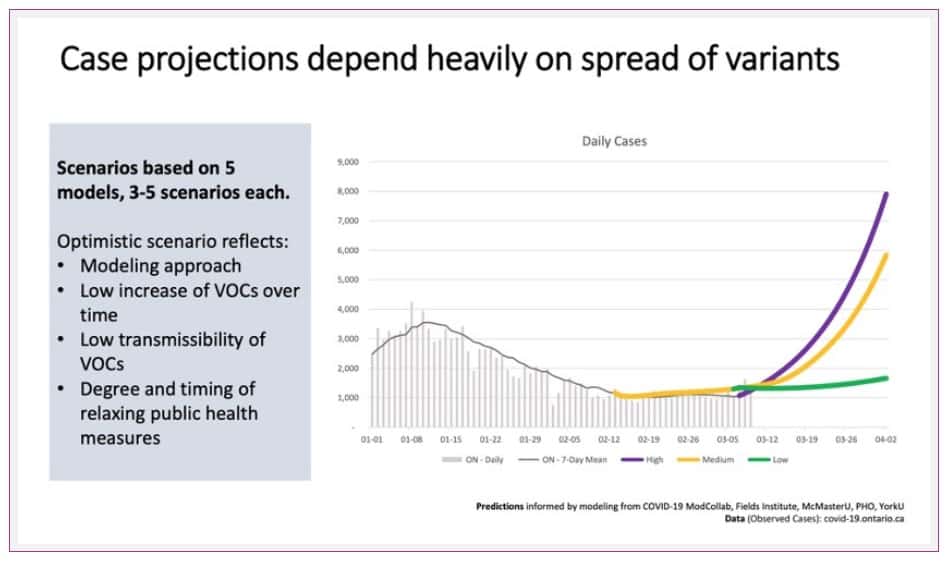
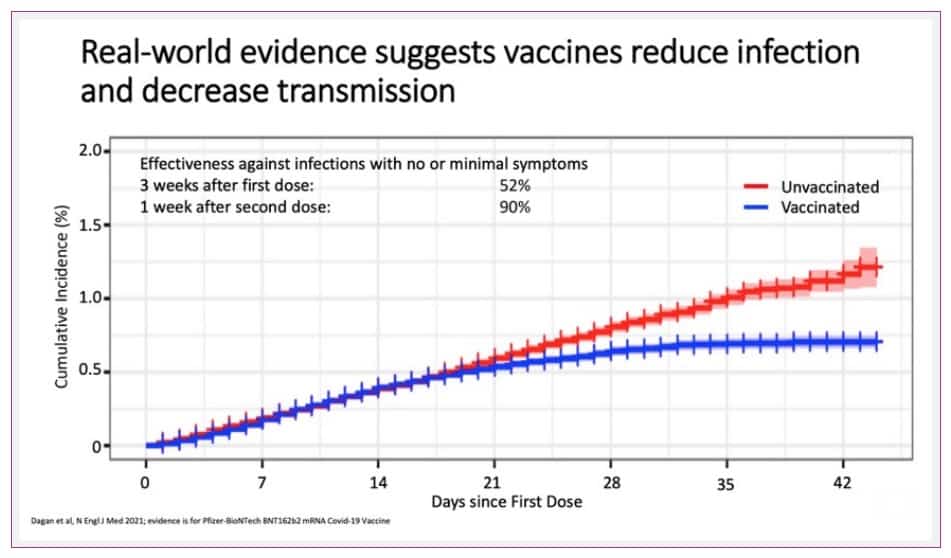

![[Dr. Dina News] IMPORTANT UPDATE re. VIRTUAL CARE](https://n5g4c8n2.rocketcdn.me/wp-content/uploads/2021/01/dr-dina-kulik-kids-and-virtual-care-1a-400x250.jpg)
![[Dr. Dina News] COVID-19 Vaccine for Infants and Young Children.](https://n5g4c8n2.rocketcdn.me/wp-content/uploads/2021/04/dr-dina-kulik-kids-and-vaccines-400x250.jpg)
![[Dr. Dina News] COVID-19 Vaccine for Infants and Young Children.](https://n5g4c8n2.rocketcdn.me/wp-content/uploads/2022/04/DRD-1-400x250.jpg)






